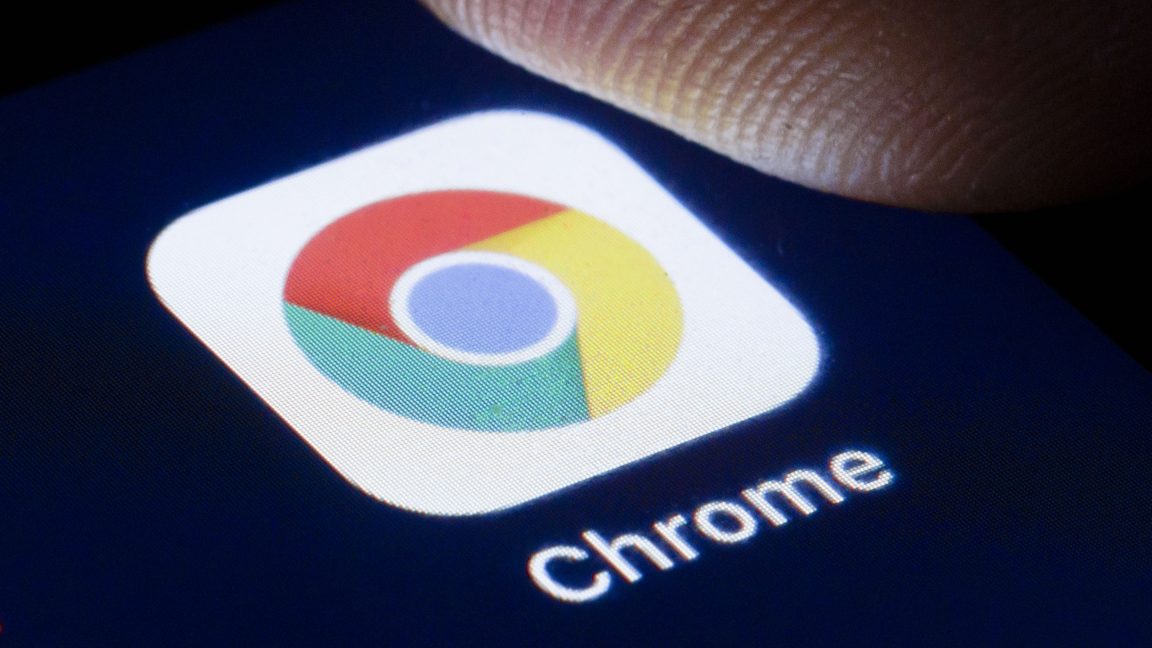Perplexity's Bold Move to Acquire Google's Chrome

In a surprising development following Google's antitrust trial loss, the tech giant may be compelled to sell its Chrome browser. Perplexity, a company thriving on the AI trend, has put forward an ambitious offer of $34.5 billion to purchase Chrome, even though it doesn't have the funds on hand.
Despite its financial constraints, Perplexity's AI-powered search innovations have attracted considerable investor interest, accumulating about $1 billion in investment and a market valuation of approximately $14 billion. However, how Perplexity plans to fulfill its audacious bid remains uncertain. News reports suggest that the staggering cash bid is backed by venture capital, yet the company has not disclosed detailed funding sources.
The case drew significant interest from Google's competitors, each expressing a desire to acquire Chrome during the trial. OpenAI, for instance, expressed ambitions to transform Chrome into an AI-centric platform. These assertions contradicted Google's claims that no competitor could sustain the browser's operations.
Google has vehemently opposed the proposed divestment of Chrome, characterizing it as a radical measure. Chrome, being an open-source Chromium project utilized by browsers like Microsoft's Edge, would require a $3 billion commitment from Perplexity over two years to remain open-source, with assurances of no forced default search engine changes.
An Unsolicited Proposal
Awaiting a ruling from United States District Court Judge Amit Mehta, Perplexity's proposal seems timely yet challenging. Even if the court mandates Google's sale of Chrome, the offer might not suffice. DuckDuckGo's CEO estimates the browser's worth around $50 billion, while others suggest values much higher. Should the court decide on sale, it entails a lengthy legal battle and significant negotiations.
A sale of Chrome holds substantial stakes for data-driven AI advancements, although it might be at a disadvantageous price for Google. If sold, public opposition might arise against an AI startup or a consortium of venture capitalists owning the browser.
As legal proceedings continue, the potential for opposition remains high, with the transition likely raising concerns among Chrome's extensive user base.



